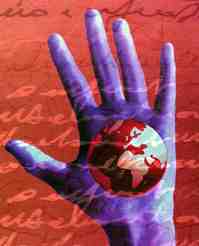 What's the common thread uniting literary works as disparate as Walden, The Grapes of Wrath and Moby Dick? When viewed through the lens of ecocriticism, each of these works reveals telling visions of our environment, for better or worse.
What's the common thread uniting literary works as disparate as Walden, The Grapes of Wrath and Moby Dick? When viewed through the lens of ecocriticism, each of these works reveals telling visions of our environment, for better or worse.
Ecocriticism, in a nutshell, is the study of how literature both reflects and shapes our environment. Scholars look at a range of genres -- from more traditional literary works like novels, poetry and autobiographies to song, art, theater and film -- to examine depictions of the physical world, including underlying assumptions and values.
"The literary often celebrates and denigrates nature at the same time," said graduate student Tristan Sipley. "It reveals our society's conflicted and contradictory attitudes about the natural world and its relationship to growing environmental concerns."
Sipley, a doctoral student in the UO's ecocriticism program, integrates literary study with environmental and socioeconomic history to understand how novels like Upton Sinclair's The Jungle can reveal the ecologically destructive aspects of industrial capitalism.
As Sipley's approach demonstrates, even though ecocriticism is a branch of study in the English department, students and scholars often draw from the social sciences and the natural sciences to fully inform their research and analysis.
And vice versa. There are a number of doctoral students in the UO's Environmental Studies Program, for instance, who have selected the English department as their outside focal department because of its strong emphasis on ecocriticism.
This gives them an opportunity to reach beyond the more expected and established scientific and social science approaches to explore what the humanities have to offer in this field -- namely, insight into the values, motivations and perceptions driving human behavior as it relates to the environment.
Similar ties exist between the ecocriticism program and the UO's environmental law program, the Institute for a Sustainable Environment and the landscape architecture program.
Among the topics researchers have explored through literature are the depletion of the ozone, destruction of tropical rainforests, effects of world population growth, animal rights and, increasingly, global climate change.
Not surprisingly, given the UO's reputation for all things green, the birth of ecocriticism as a systematic area of literary study can be traced to the University of Oregon, specifically to a 1989 address given by Glen Love, now an emeritus professor of English, at the Western Literature Association conference in Reno.
He called for literary scholars already engaging in environmentally oriented work to come together and formalize their efforts in a more collaborative, comprehensive critique.
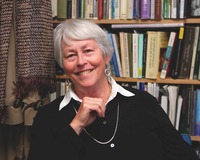 "People became very excited by this," said Molly Westling (right) who attended his speech and also was instrumental in the development of ecocritical theory.
"People became very excited by this," said Molly Westling (right) who attended his speech and also was instrumental in the development of ecocritical theory.
Westling, a professor of English and environmental studies, noted that graduate students across the country soon began to stream into the Department of English for the opportunity to work with Love.
Over time, the UO's doctoral program in ecocriticism has become one of the top two or three in the nation, she said.
Ecocritics hope their scholarship, teaching and activism will help stimulate people to think responsibly about their environmental impact. Because "they stress the dynamic relationships among all creatures and forces on the planet," said Westling, ecocritics can inform a more complete understanding of how humans behave, decide and ultimately place value on their physical environment.
- Anne Conaway
photo: Richard Stevenson


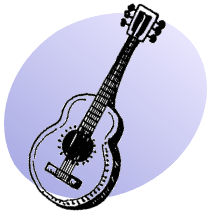 When the volcano erupted, a UO professor discovered that local residents consoled themselves through song.
When the volcano erupted, a UO professor discovered that local residents consoled themselves through song.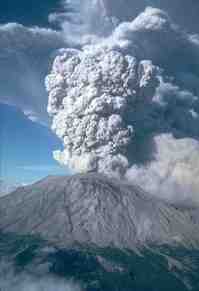
 Join UO neuroscientists as they bring the host of the PBS series, The Human Spark into their brain research lab.
Join UO neuroscientists as they bring the host of the PBS series, The Human Spark into their brain research lab.  Temple Grandin, perhaps the world's best known person with autism, drew an overflow crowd to her UO talk.
Temple Grandin, perhaps the world's best known person with autism, drew an overflow crowd to her UO talk.
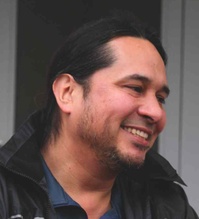
 Watch a slideshow about Elena Rodina's journalistic globetrotting, from the Arctic Circle to Cuba.
Watch a slideshow about Elena Rodina's journalistic globetrotting, from the Arctic Circle to Cuba.